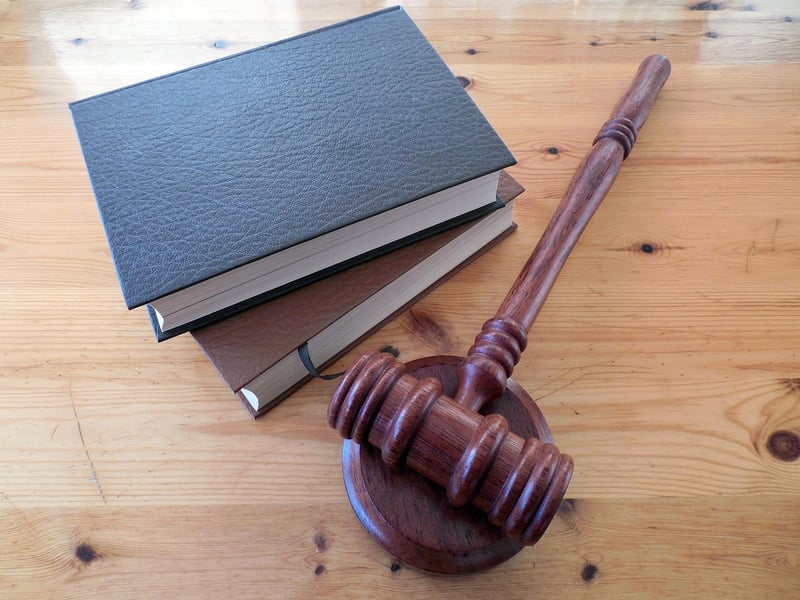Officiant Laws
Understanding Officiant Laws: Ensuring Legal Ceremonies
When it comes to officiating weddings or other ceremonies, it's crucial to understand the laws and regulations surrounding the role of an officiant. Whether you're a seasoned officiant or someone considering becoming one, knowing the legal requirements is essential to ensure that the ceremonies you conduct are valid and legally binding.
What Makes a Ceremony Legal?
In order for a marriage or any other ceremony to be legally recognized, it must be conducted by someone who is authorized to do so according to the laws of the jurisdiction where the ceremony takes place. Each state or country has its own specific requirements for who can officiate a ceremony.
Types of Officiants
There are various types of officiants recognized by different jurisdictions, including:
- Clergy members
- Justices of the peace
- Marriage commissioners
- Celebrants
- Officiants ordained by religious organizations
Legal Requirements for Officiants
Depending on the location, officiants may need to meet certain criteria to legally perform ceremonies. These requirements can include:
- Being registered with the local government
- Obtaining a license or permit to officiate
- Belonging to a recognized religious organization
- Completing a training or certification program
Ensuring Compliance
Before officiating any ceremony, it's important to research and understand the specific laws and regulations that apply in your area. By ensuring compliance with the legal requirements, you can conduct ceremonies with confidence, knowing that they are valid and legally binding.
Resources for Officiants
For more information on officiant laws and requirements in your location, you can refer to official government websites or consult legal professionals specializing in marriage laws.

